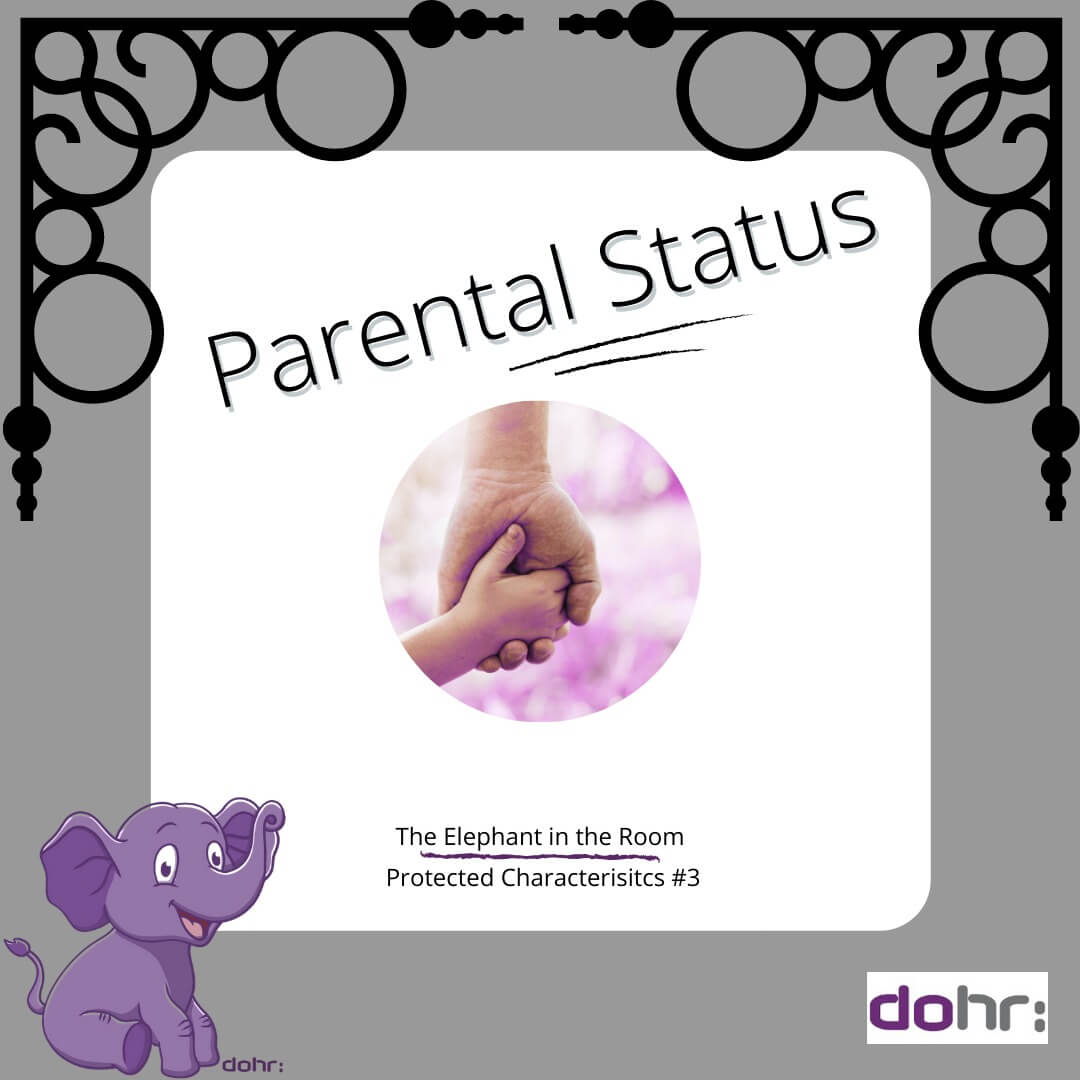Being a working parent is hard!
For me, it was actually harder when my kids were at primary school, than when they were at nursery. At nursery, there was cover from 7am – 7pm if I needed it. At primary school there appeared to be a natural assumption that you could drop off at 8:50, attend the lunchtime concert, or the parents’ consultation afternoon starting at 2pm.
Some employees are able to work completely flexibly, working from home, working their contracted hours for the week when it suits them and their families. However, that is not the reality for the majority of employees.
There is increasing evidence that ‘modern man’ wants to be involved in their child’s upbringing as fully as his partner and, with more women returning to work after having a family, employers need to take a reasonable, practical and legal approach to working parents of both genders.
So, as an employer, what options do you have available to you which means your working parents are able to achieve the balance they want and need and what protections do they have?
As with all of this week’s Elephant in the Room topics, Parental Status is a ‘Protected Characteristic’. Employers are obliged to ensure that employees are not treated less favourably as a direct, indirect or implied reaction to the fact that they have or will have children. This means that employers and their line managers must ensure that recruitment, promotion, training opportunities, job roles and redundancy must all be based on skills, experience and the ability to do the job when compared to colleagues without children.
An employer cannot assume someone is unwilling to travel to America on business for four weeks because they are a mother. A line manager cannot select someone to work late because they don’t have kids. Assumptions are dangerous and can lead to claims of bullying, harassment and discrimination, EVEN WHEN THE EMPLOYER THOUGHT THEY WERE DOING THE RIGHT THING.
Specific Protections for Parents
At the moment, a ‘mother’ on maternity, adoption or shared parental leave (‘mother’ and ‘father’) is afforded a high level of protection from redundancy. There are obviously situations such as a business closing where there is no suitable alternative role, but on the whole, a person on maternity leave should be top of the list for a suitable alternative position and should be consulted with alongside fellow employees. There is currently a proposal that this protection extends to the parent on their return to work for a period of up to six months – we will need to keep watching the employment legislation for these changes.
In addition, throughout their working life, the parents each have 18 weeks unpaid parental leave per child. They are able to request leave of up to 4 weeks per year in whole week blocks. This allowance transfers between employers and should be requested on reference requests and passed on as factual information. There is no Government monitoring or control of this allowance, despite it being a statutory entitlement. The leave must be requested for the purpose of looking after a child, but employers do not have to grant it when it is requested. The timing of such leave should be agreed between employer and employee, especially if it has been requested to coincide with school holidays. This leave is in addition to normal annual leave entitlements.
As we have said above, a parent cannot be penalised in any way for taking their unpaid parental leave. They are still entitled to benefits, training, career progression etc. The only thing they are not entitled to for that period is pay.
It is important to know who has children / family and who doesn’t. This is for so many reasons including building effective professional relationships with your staff, offering the right benefits, giving the right support and, as Covid has shown us, knowing who is trying to balance home working with home schooling.
Parental Status is a protected characteristic, so ensure the parents in your business are treated right, regardless of the age of their children – 8, 18 or 28 – being a parent has different challenges at every stage.





